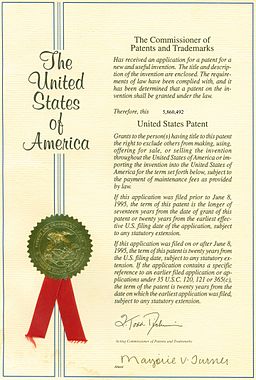- Have any questions? Contact us!
- info@dr-rath-foundation.org

END AIDS!
November 22, 2017
The Mind Controls The Body, And YOU Control The Mind: Stress And Its Biological Consequences
November 30, 2017Shocking New Data On Pesticides In Food Presented At London Conference

Shocking new data presented at a recent Royal Society of Medicine conference in London shows that the number of toxic chemicals used on UK supermarket vegetables has risen by up to 17-fold over the past 40 years. Based on an analysis of pesticides applied to wheat, potatoes, onions and leeks, the figures strongly contradict industry claims that the totals have supposedly halved since the 1990s. Commenting on the results, Dr. Michael Antoniou, head of the gene expression and therapy research group at King’s College London, said: “All this evidence shows that you should minimize your exposure to pesticides.” Echoing the growing worldwide interest in natural approaches to food production, he added: “The ONLY way to guarantee that is by eating organically.”
Particular concern was expressed at the conference regarding the toxic ‘cocktail’ effect that occurs when mixtures of pesticides and other synthetic chemicals are present together in the body. Consumption of even low doses of multiple chemicals is now believed by many scientists to contribute to the development of chronic diseases such as cancer. Reflecting on this, the conference delegates heard how the average number of chemicals applied to wheat had increased from less than 2 in 1974 to over 20 in 2014; those applied to onions and leeks from less than 2 in 1966 to over 32 in 2015; and those to potatoes from around 5 in 1975 to over 30 in 2014.
Pesticide data hidden from public knowledge
Examining the findings, Peter Melchett, policy director at the Soil Association, the UK’s leading food and farming charity and organic certification body, who spoke at the event, said: “It is frightening to learn just how many aspects of the pesticides we eat in our food are untested by pesticide safety regimes around the world, including in Europe. People eat food sprayed with increasingly complex mixtures of pesticides, and no safety testing is done on mixtures.” Melchett’s comments reflect concerns we ourselves first raised over a decade ago regarding the approach to pesticides taken by the so-called Codex Alimentarius Commission, a body that sets food standards, guidelines, and codes of practice at the global level.

The data discussed at the London conference was obtained from Fera Science Limited (Fera), an organization that was formerly the Food and Environment Research Agency, an official UK government agency. Worryingly, the findings were only released after the Soil Association paid for them to be made available from historical archives. One can therefore only wonder how much longer they might have remained hidden from public knowledge had the Soil Association not taken action to uncover them.
It’s all about patents and profits
It isn’t difficult to work out who are the biggest beneficiaries from the rise in pesticide use over the past 40 years. Many of these chemicals are essentially being produced by some of the same pharmaceutical and biotech corporations that want to ban science-based nutritional supplements and force us to eat GM foods. And, as is similarly the case with pharmaceutical drugs and GM seeds, the primary reason why such chemicals exist is because they can be patented. Through enabling companies to control multibillion dollar international markets, the granting of a patent on a chemical effectively amounts to a passport to making higher profits from it.The widespread proliferation of chemicals used on foods may also potentially be seen by manufacturers as having a dual financial benefit, in that it simultaneously increases the sale of patented drugs used to treat the diseases caused by their consumption. In this respect, a glance down the list of full members of the UK Chemical Industries Association, the organization that represents and advises chemical and pharmaceutical companies in the UK, illustrates just how closely these two industries, along with their biotech and petrochemical counterparts, are related.
The findings presented in London are a reminder that the arguments in favor of organic food production are undeniable. But with the chemical industry’s global turnover now exceeding $4.1 trillion (€3.5 trillion) a year, achieving the goal of Free Food for All necessitates our publicly exposing those financial interests who want to maintain the use of patented chemicals in our food supply. Putting people before profit is not merely about promoting social justice, it’s about creating a healthier world as well.




